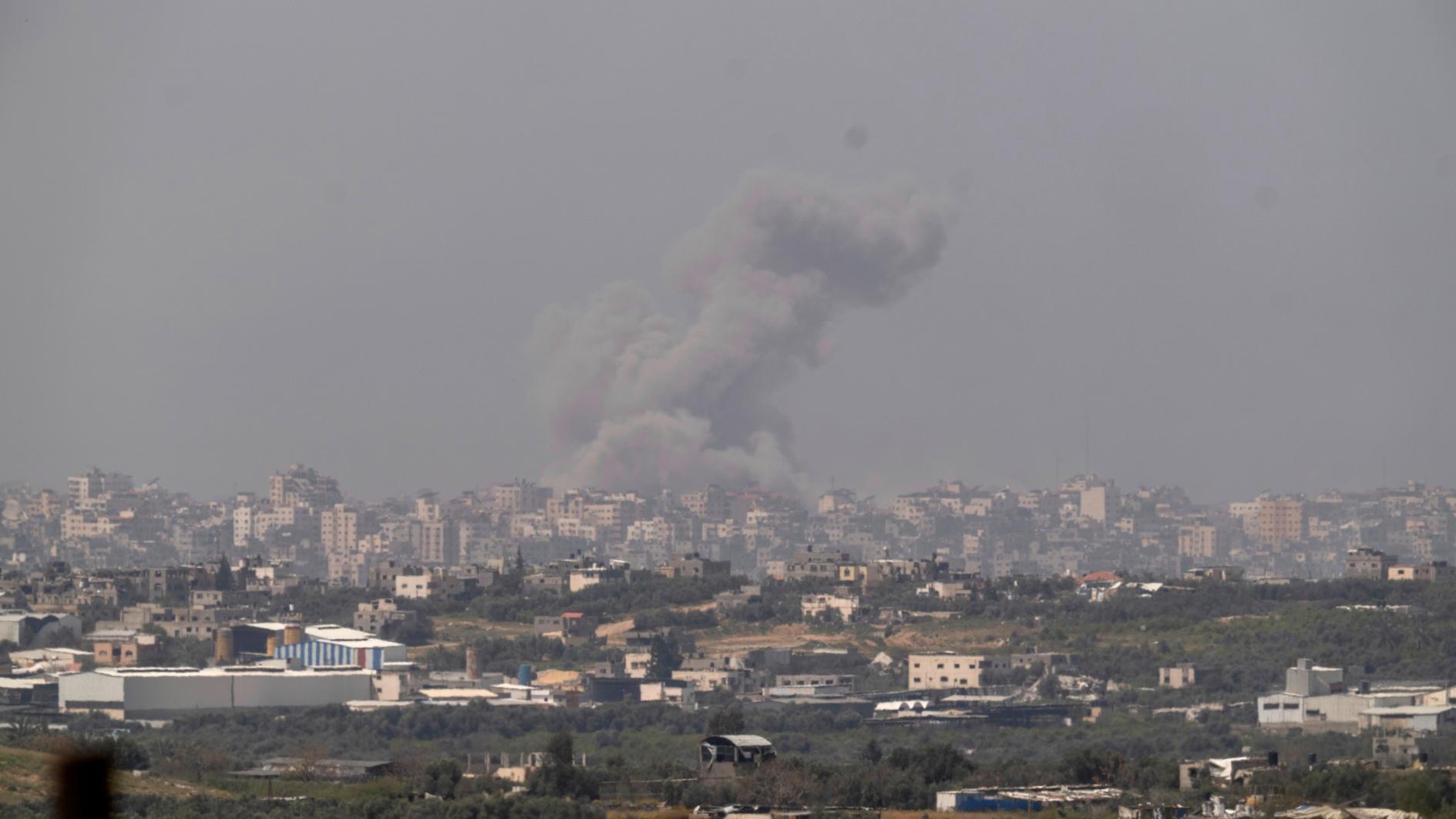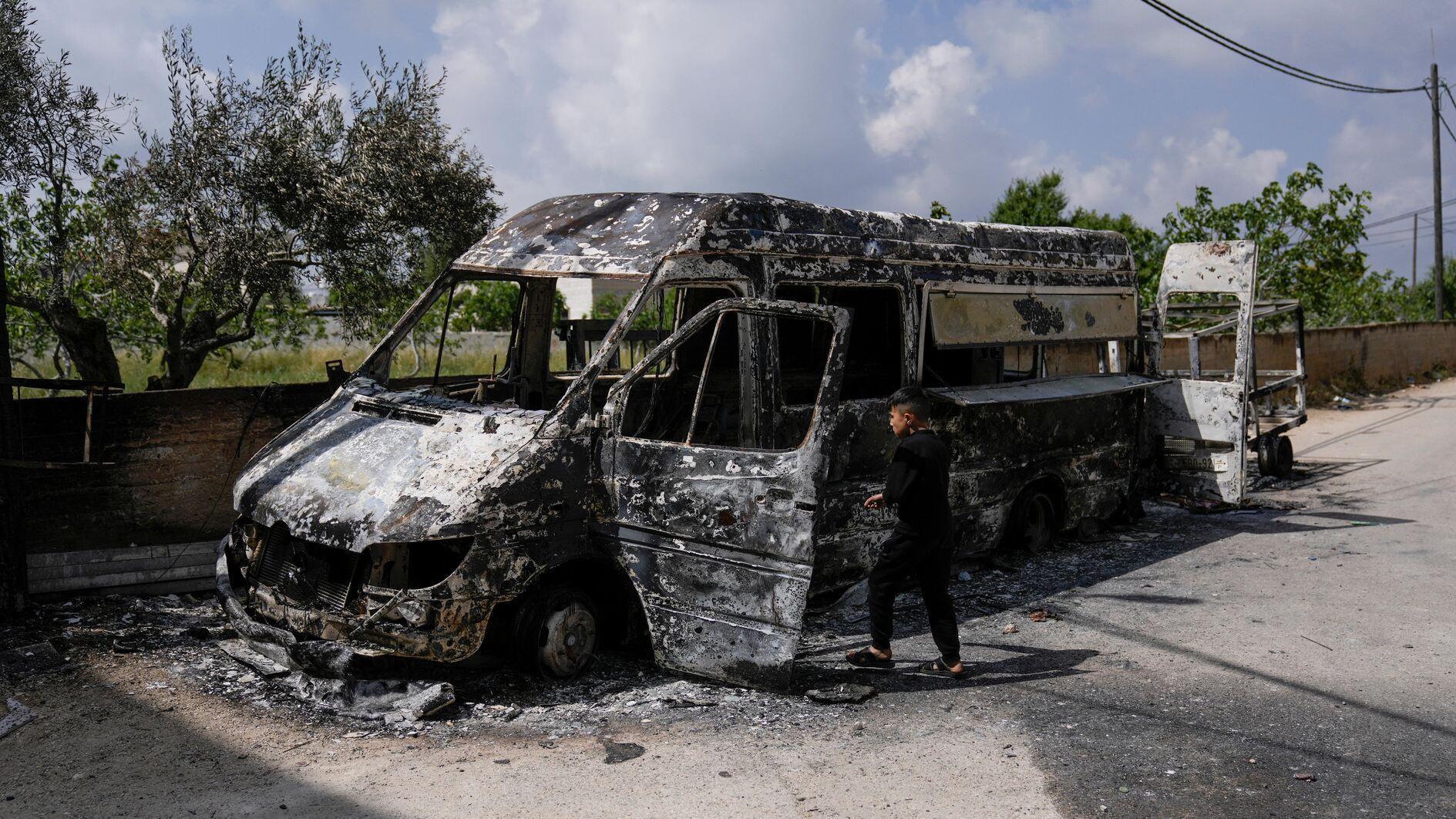Political stability in Turkey as remote as ever
Even the most avid supporters of the ruling Justice and Development Party (AKP) are confused over the manner in which Prime Minister Ahmet Davutoğlu was ousted by President Recep Tayyip Erdoğan and replaced by a much more subservient name.
Davutoğlu is clearly sour over the ignoble manner in which he was pushed off the stage. He made this clear in his address to the AKP’s extraordinary congress this weekend, which was called to install a new party leader and consequently a new prime minister.
It is not that Davutoglu was unsuccessful. His problem was that he was not servile enough for Erdoğan. He also acted at times, for example during the recent negotiations for the refugee agreement with the EU, as if he was free to call the shots. That proved to be false assumption.
Erdoğan clearly had no time to waste. He is in a hurry to become Turkey’s sole leader and needs to change the Constitution without delay for this to happen. Davutoğlu appeared to be procrastinating in this regard. It was also not clear if he was fully supportive of the idea of a presidential system for Turkey.
Davutoğlu also appeared to be inching towards the idea of starting the Kurdish peace process again, which clearly is something Erdoğan does not want, given his belief that the fight with the outlawed Kurdistan Workers’ Party (PKK) has increased his support base.
Whatever the truth is, what we have now is a prime minister in Binali Yıldırım whose principal job will be to undermine his own significance as he carries out the orders of the president without exception. He will also head an AKP whose only job will be to fulfill Erdoğan’s desires without exception.
It is not clear, though, whether the transition to the type of system Erdoğan wants will be as peaceful and easy as he expects. Erdoğan clearly intends to rule with a stick in hand, which means political and social unrest is likely to continue.
This in turn will force Erdoğan into taking police measures that are neither constitutional, nor in compliance with the spirit of liberal democracy. It is unlikely that Erdoğan is much perturbed by this though. He once said democracy was a train taking him to his destination.
He probably feels he is close to that destination now and will no longer require Turkey to remain democratic in the Western sense of the word. The unquestioning support of a significant portion of the electorate is all that he needs. He will therefore not get rid of democracy fully because he needs ballot box victories to justify his rule.
Elections under him will, however, be like the elections in Russia. In other words they will only be held to keep him in power and will undoubtedly be manipulated to ensure this outcome. Erdoğan’s capacity to do this was demonstrated when he turned the AKP’s failure in last June’s general elections into success in the November elections.
Davutoğlu may think he won those elections, but Erdoğan no doubts believes these were ultimately won because of himself, and not because of Davutoğlu, which is probably true to a degree.
There is also the question of the very serious problems Turkey faces today on all fronts. How Erdoğan hopes to cope with these successfully when his main focus will be to elevate himself to the position of Turkey’s sole legal leader and keep himself in that position, is not clear.
The vicious circle here for Turkey is that Erdoğan needs public support to achieve his political ambitions and can only gain this support through populist policies. It is clear, however, that his brand of populism lies at the root of many of Turkey’s problems today. But it looks like Erdoğan’s personal priorities will continue to trump the country’s priorities.
It is hard to believe, therefore, that we are on the cusp of a new and positive beginning for Turkey after Erdoğan’s coup. As long as his unfettered political ambitions prevail, stability is unlikely in Turkey anytime soon.











